The Andromeda Strain
- 6.1
- Sci-Fi
- 2008
- 1h 30m
- 14+
a gripping sci-fi thriller miniseries adaptation of Michael Crichton’s novel, where a deadly extraterrestrial microorganism threatens humanity, forcing scientists, military, and government agencies into a desperate fight for survival inside the high-security Wildfire facility. Starring Benjamin Bratt, Christa Miller, Daniel Dae Kim, and Eric McCormack, this chilling outbreak story explores science, secrecy, conspiracy, and the terrifying unknown in a suspense-filled modern reimagining.

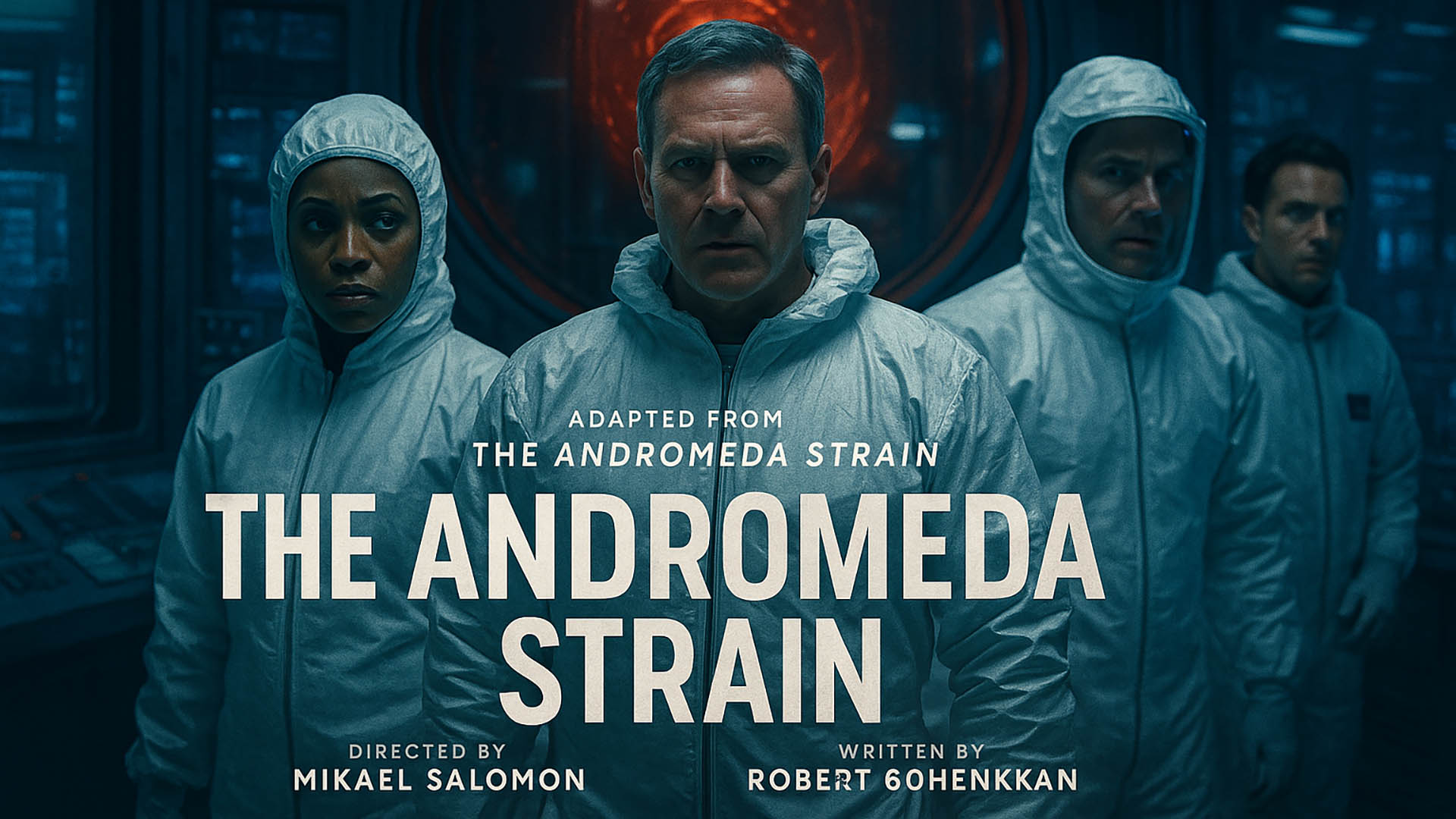
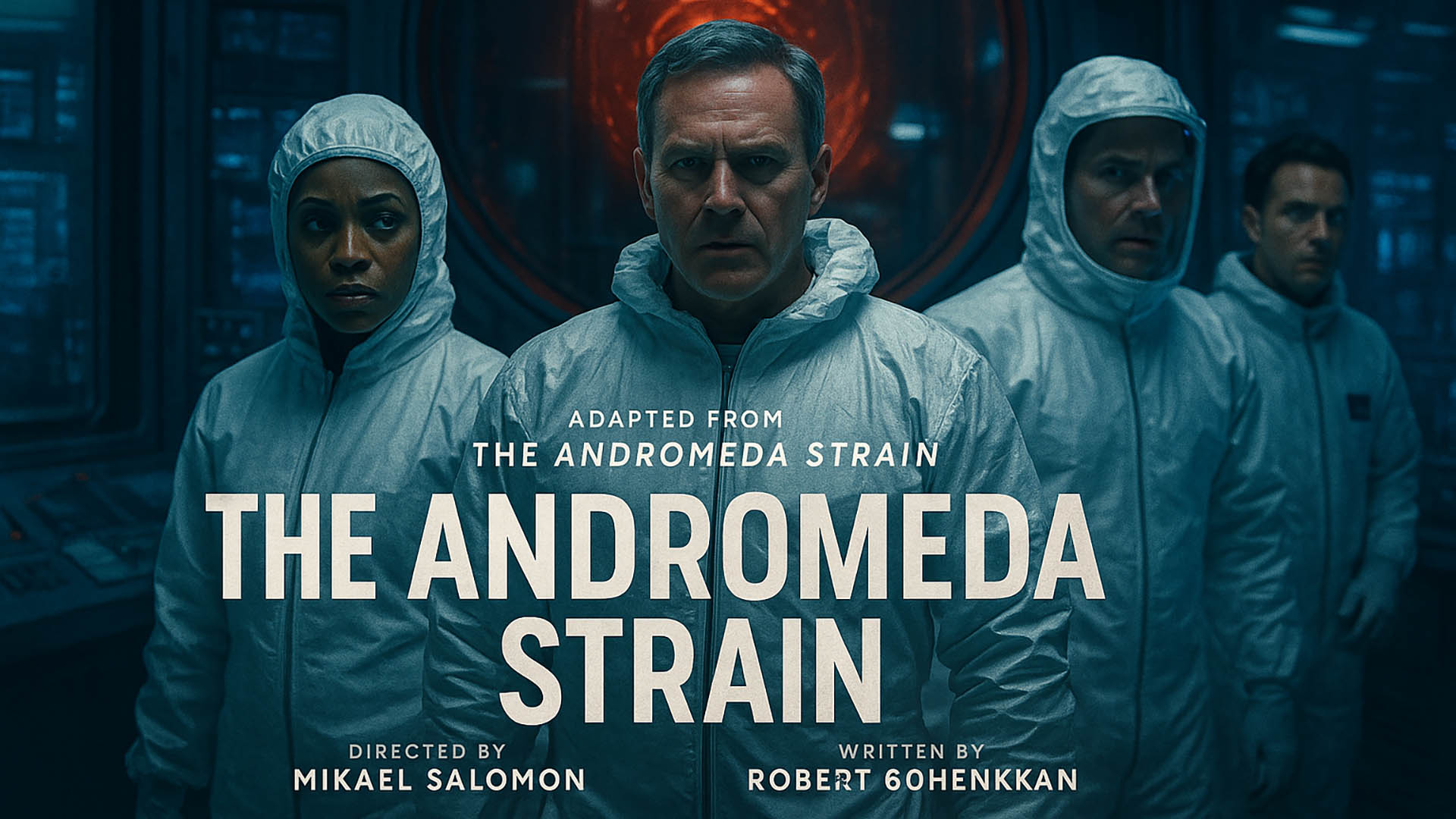
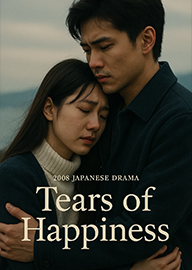

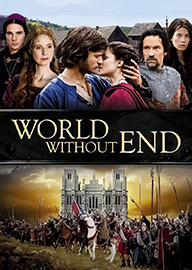








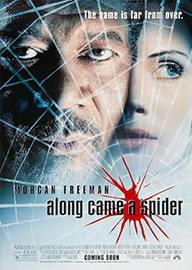
Comments
0Reviews
0Summery
1Please sign in to comment.
Please sign in to review.
The Andromeda Strain is a 2008 science fiction miniseries adaptation of Michael Crichton’s classic novel that updates the premise of an extraterrestrial microorganism threatening humanity for a modern audience while staying true to the core ideas of the source material. The series, directed by Mikael Salomon and produced by Ridley Scott and Tony Scott, stars Benjamin Bratt, Christa Miller, Eric McCormack, Daniel Dae Kim, and Viola Davis in a tense story that blends medical science, military secrecy, government conspiracy, and survival stakes into one long unfolding crisis. The plot begins with a U.S. government satellite crashing down near a small Utah town, inadvertently bringing with it a lethal microorganism from outer space that is capable of killing living organisms within seconds. The opening scenes are chilling, showing how the town is wiped out in horrifying fashion, setting the stage for the emergency response as the military and government scramble to contain the outbreak. The microorganism, codenamed Andromeda, defies everything known to science, mutating at alarming speeds, adapting to conditions, and challenging even the most sophisticated containment protocols. The story follows a specialized team of scientists who are brought into an underground facility known as Wildfire, built specifically for extraterrestrial biohazard emergencies, where they must study, understand, and find a way to neutralize the alien threat before it escapes and causes an unstoppable global catastrophe.
The strength of The Andromeda Strain lies in its ability to balance intense human drama with terrifying scientific plausibility, creating a sense of dread that feels both speculative and disturbingly realistic. The series delves deeply into the interactions of the scientists, each with their own expertise and personality clashes, as they attempt to work under crushing time pressure. Benjamin Bratt delivers a stoic yet commanding presence as Dr. Jeremy Stone, leading the group with determination but also a heavy burden of responsibility as the crisis escalates. Christa Miller adds emotional grounding as Dr. Angela Noyce, while Daniel Dae Kim brings sharp analytical focus to his role, and Eric McCormack offers a layered performance that complicates the group dynamics with questions of loyalty and personal motivation. Viola Davis elevates every scene she appears in, reminding viewers of the human stakes beyond the sterile laboratories and military bunkers. The scientists are forced to analyze the microorganism under rigorous laboratory conditions, experimenting on animals, studying its mutations, and slowly realizing that this organism is not just another pathogen but something fundamentally alien, behaving according to rules that break the boundaries of Earth biology. Every experiment seems to deepen the mystery rather than solve it, as Andromeda demonstrates capabilities of adaptation, shifting structures, and even hints of intelligence in its survival mechanisms.
At the same time, the narrative cuts between the isolated scientific team and the broader societal and political chaos building on the surface. The military is desperate to control information, journalists are digging into hidden truths, politicians weigh the costs of revealing too much to the public, and local populations begin to panic as unexplained deaths spark rumors and fear. The series draws on Michael Crichton’s enduring fascination with the dangers of unchecked scientific experimentation and the hubris of believing that humanity can contain forces far beyond its comprehension. The Andromeda Strain portrays the terrifying possibility of a microorganism that is not bound by the limits of terrestrial evolution, a pathogen that is not even “alive” in the conventional sense yet capable of consuming all life. The Wildfire facility itself becomes a character in the story, with its high-tech laboratories, multiple levels of decontamination, robotic systems, and an automatic nuclear self-destruct system designed to eliminate any chance of a leak. However, even this fortress-like structure is not immune to failure, and as the team races against time, the very systems designed to keep humanity safe become sources of danger, as malfunctions and human error threaten to doom them before they can find a solution.
What sets the 2008 adaptation apart is its expansion of the narrative into contemporary concerns, integrating elements of bioterrorism, government corruption, and the ethics of secrecy. Unlike the original 1971 film, which stayed tightly focused on the laboratory and the science, this miniseries widens the scope to show military operatives, journalists, and external agencies, adding layers of conspiracy and political maneuvering. The script introduces suspicions that Andromeda may not be entirely an accident of space exploration but perhaps something tied to classified programs or even deliberate manipulation, keeping viewers uncertain about the full truth until the final acts. This expansion divides audiences—some critics prefer the lean, clinical suspense of the original, while others appreciate the more layered, modernized thriller elements—but it undeniably adds weight to the moral questions at the heart of the story. How much should governments reveal to their citizens in the face of unimaginable danger? Should science be pursued without limits if it risks unleashing forces that cannot be controlled? Is survival worth sacrificing transparency and ethics? These questions resonate throughout the long narrative, with characters forced into impossible choices under mounting pressure.
As the crisis intensifies, the scientists at Wildfire discover both the horrifying lethality and strange limitations of the Andromeda organism. It kills most life instantly but seems oddly selective in what it targets, sparing certain organisms or mutating unpredictably. Clues emerge that the microorganism might even be capable of evolving faster than anything previously observed, adapting to chemical agents, radiation, and containment efforts almost in real-time. The team’s experiments reveal the organism shifting crystalline structures, hinting that this is not a simple virus or bacteria but something altogether alien, a life form that exists on the edge of definition. The narrative heightens as the facility itself suffers containment breaches, power failures, and the looming threat of the nuclear self-destruct being triggered, which could potentially spread Andromeda even wider if containment fails. Meanwhile, above ground, the situation deteriorates as civilians and soldiers alike fall victim to sudden outbreaks, spreading fear and raising the stakes for the Wildfire team. Every scene is layered with suspense as solutions are attempted, fail, and lead to desperate improvisations.
The Andromeda Strain (2008) stands out as a modernized reimagining of one of the most iconic science-fiction outbreak stories ever told, one that continues to resonate because of its terrifying plausibility. In the wake of recent real-world pandemics, the themes feel even more urgent, as the miniseries explores the thin line between safety and catastrophe, the fragility of containment systems, and the ethical weight carried by scientists and governments when facing existential threats. While some critics fault the adaptation for stretching the story into a longer runtime with subplots and conspiracy angles, others argue that this very expansion makes it more relevant to contemporary audiences accustomed to layered political thrillers. Either way, the series succeeds in maintaining a suffocating atmosphere of dread, anchored by strong performances and grounded by Michael Crichton’s razor-sharp exploration of the dangers of scientific arrogance. Ultimately, the story reminds us that humanity’s greatest threat may not come from a deliberate enemy but from forces in the universe that are indifferent to our existence, forces that operate according to laws we do not yet understand, and that the greatest challenge we face is whether our own systems of science, politics, and morality are equipped to confront the unknown when it comes crashing down from the skies.